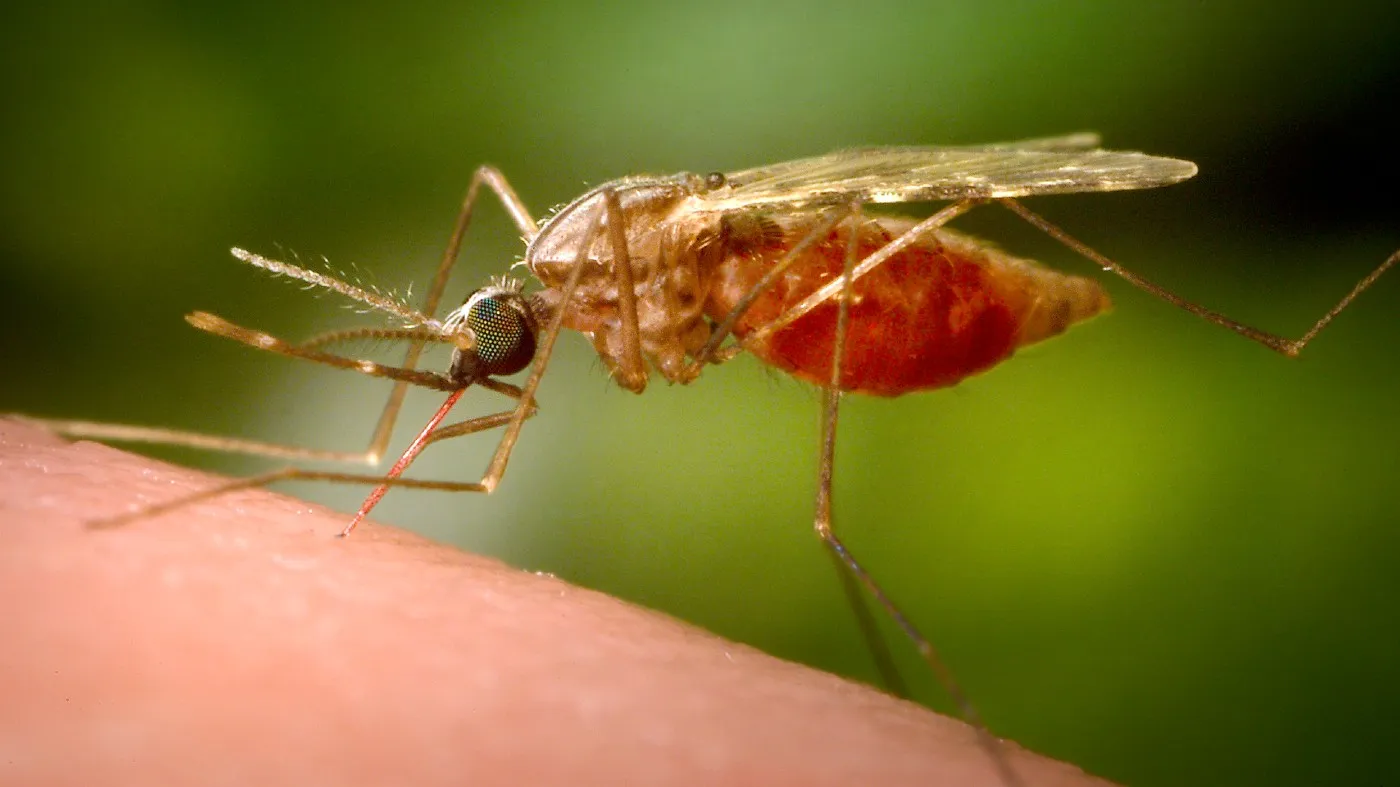Deadly Mosquito Virus Massachusetts Sparks Urgent Health Advisory

Deadly Mosquito Virus Massachusetts: Community Response to EEE
State officials are warning residents of Massachusetts towns to take precautions due to a heightened risk of Eastern Equine Encephalitis (EEE) virus carried by infected mosquitos. The Massachusetts Department of Public Health announced that 10 communities face high or critical risk for the EEE virus.
Preventative Measures and Community Actions
In response, aerial spraying for mosquitos will occur in parts of Plymouth County, while truck-mounted spraying will affect areas in Worcester County. Public parks in Plymouth have also been closed from dusk to dawn.
Understanding EEE and Its Risks
Robbie Goldstein, Commissioner of Public Health, noted, “We have not seen an outbreak of EEE for four years in Massachusetts. The current activity raises the risk for communities.” This year, the state reported its first human case of EEE on August 16.
- Most individuals infected with EEE may not show symptoms.
- Symptoms can develop between 4 to 10 days after infection.
- EEE can lead to serious neurologic diseases or even encephalitis.
- About one-third of those affected by encephalitis can die from the illness.
The Centers for Disease Control and Prevention (CDC) emphasizes wearing protective clothing, avoiding peak mosquito hours, and using insect repellent as crucial measures to avoid bites. With the risk rising, individuals are urged to stay vigilant.
This article was prepared using information from open sources in accordance with the principles of Ethical Policy. The editorial team is not responsible for absolute accuracy, as it relies on data from the sources referenced.